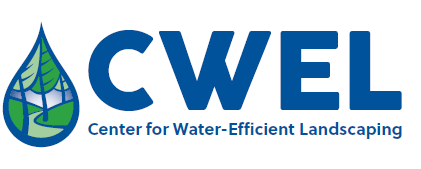Priorities for turfgrass management and education to enhance urban sustainability worldwide
Document Type
Article
Journal/Book Title/Conference
Journal of Developments in Sustainable Agriculture
Volume
8
Issue
1
Publication Date
2013
First Page
63
Last Page
71
Abstract
Turfgrasses are unique crop plants in how they grow, how they are managed, how they are used, and what people expect from them. Although citizens often are not aware of their role, turfgrasses are very important to the sustainability and quality of life in urban areas throughout the world. While often misunderstood, people come in contact with turfgrasses constantly, providing recreational opportunities and cultural benefits including creating improved physical and mental health. As living plant systems, they protect soils and influence beneficial modifications to urban climates. Although turfgrasses are highly adaptable and do not require levels of inputs many people believe, management of these turfgrass areas, particularly intensively used recreational turf is becoming more demanding with increased use and reduced resources available. In order to meet those needs, extensive knowledge in a number of disciplines is needed as well as communication skills. In addition, education needs to focus on systems, often beyond the locality, and balance economic, social, and environmental necessities. Examples of decision points in achieving this balance are provided. While challenging, addressing sustainability in turfgrass areas will improve the locations and the urban areas themselves. Education of managers to understand this balance is most challenging in areas where local expertise is not available. This review highlights examples of poor transfer of expertise and then provides three mechanisms being used currently to develop local expertise. Collaboration of local expertise with outside experts can benefit both sides.
Recommended Citation
Johnson, Paul G., "Priorities for turfgrass management and education to enhance urban sustainability worldwide" (2013). CWEL Publications. Paper 19.
https://digitalcommons.usu.edu/cwel_pubs/19


